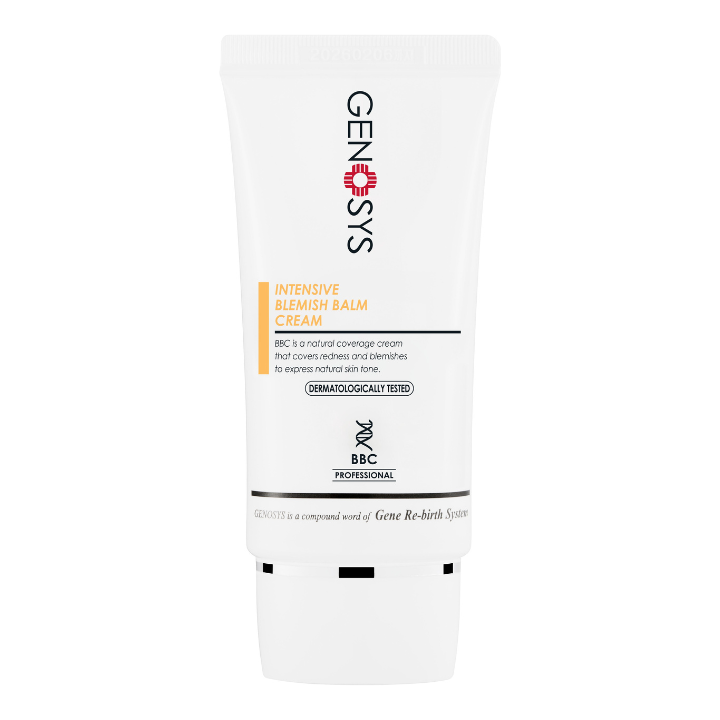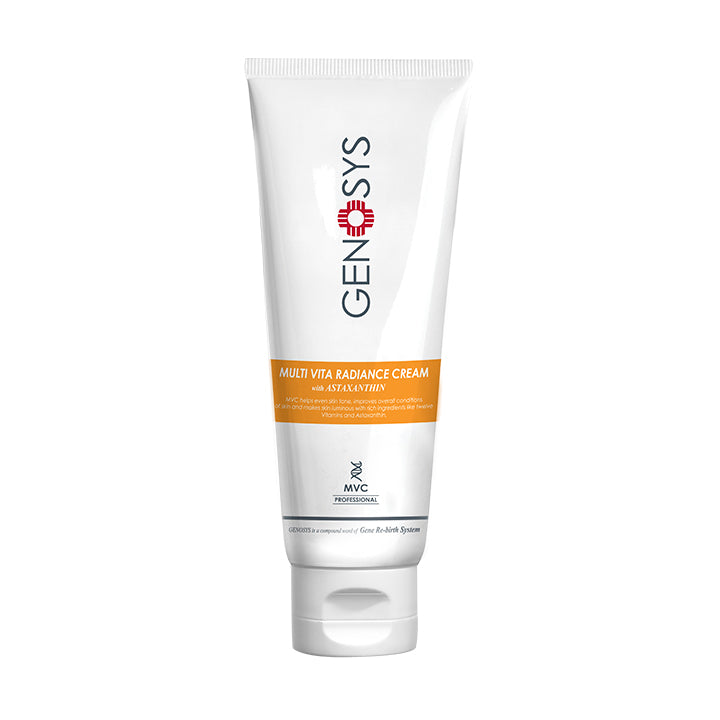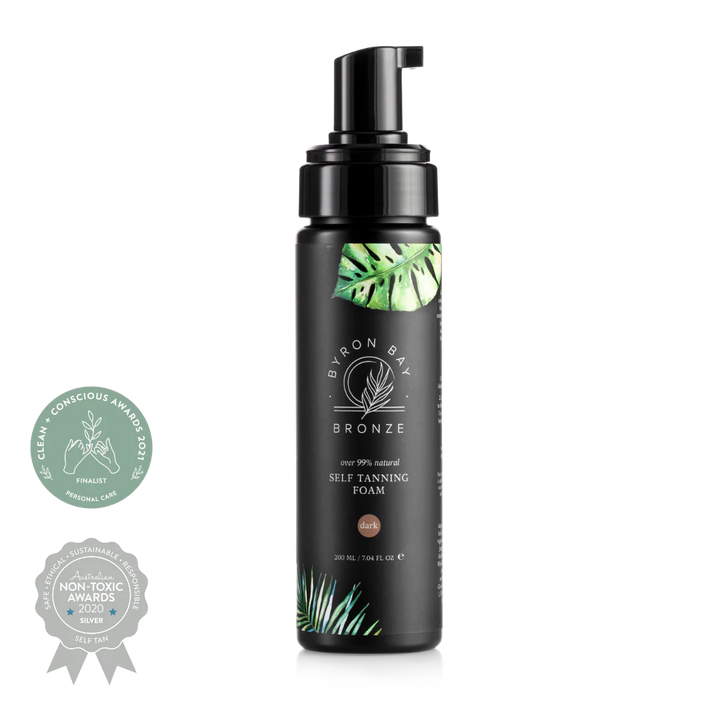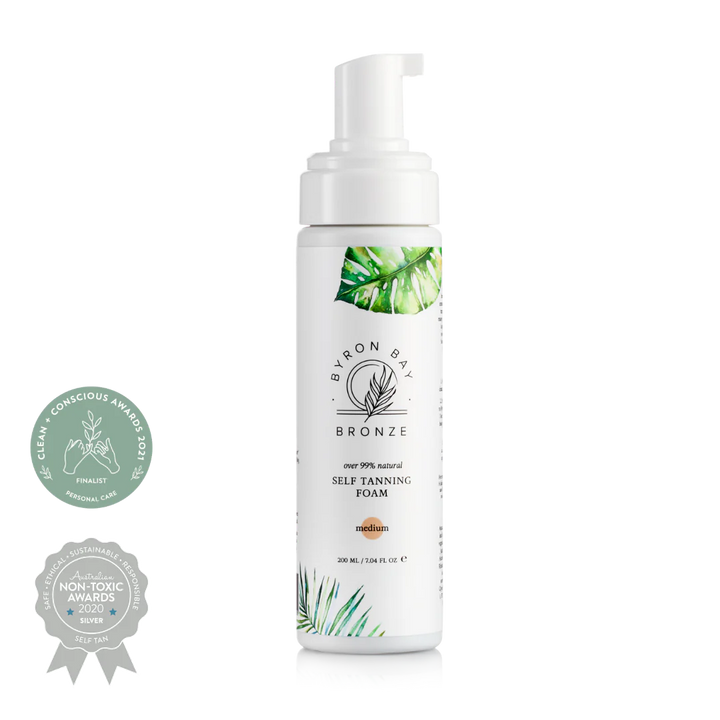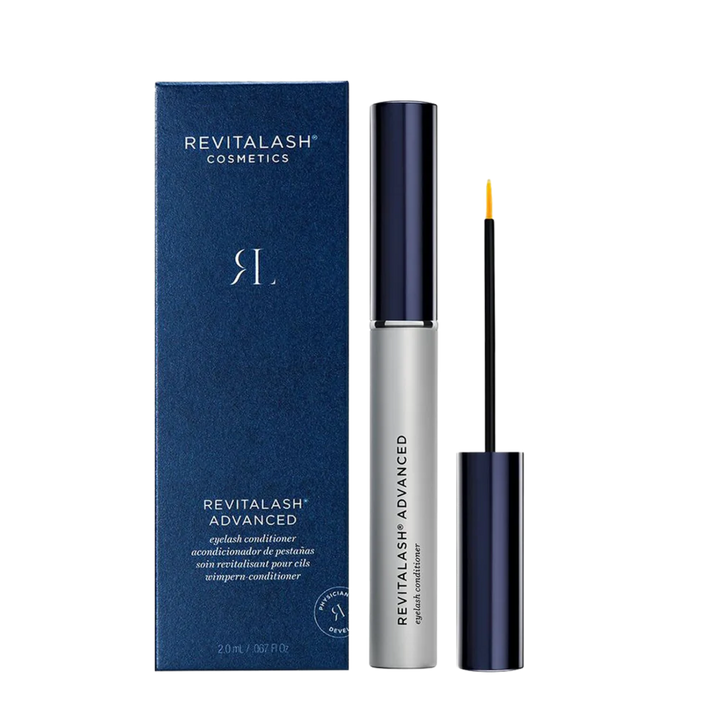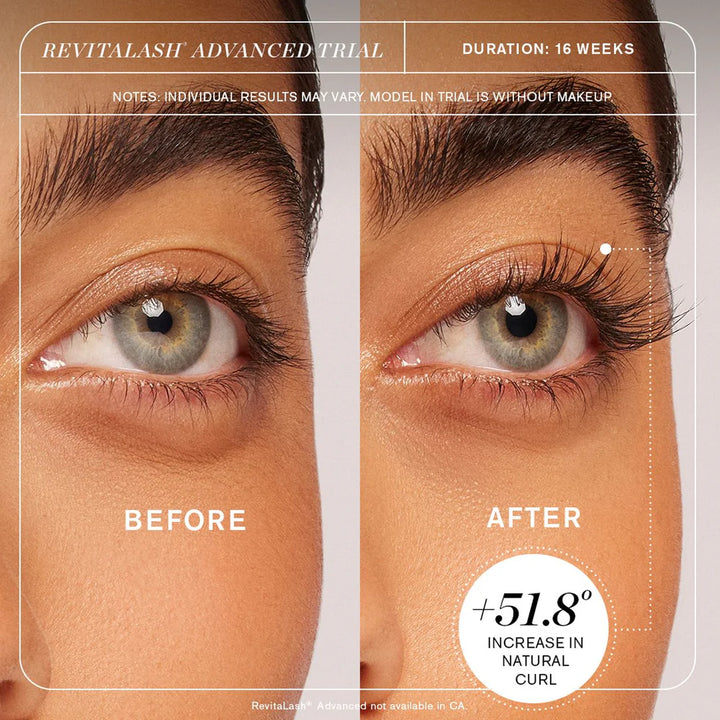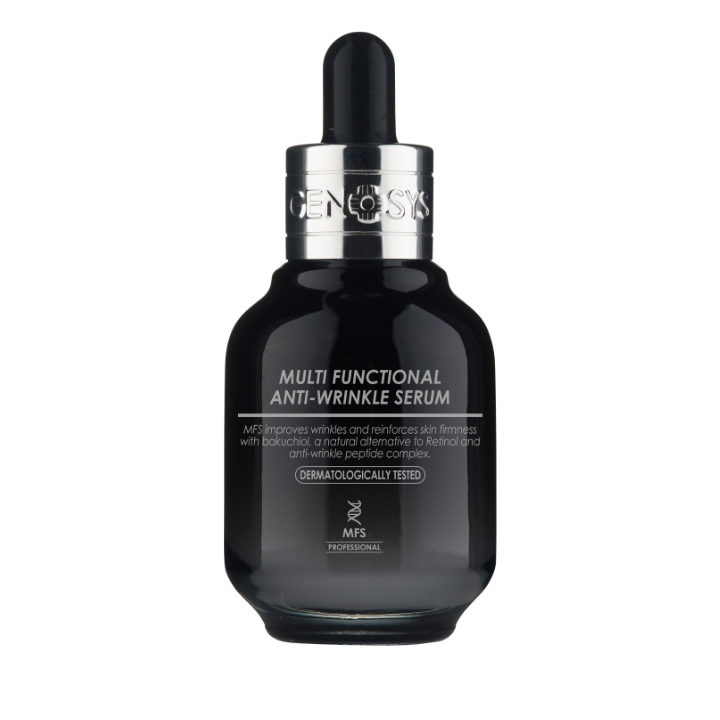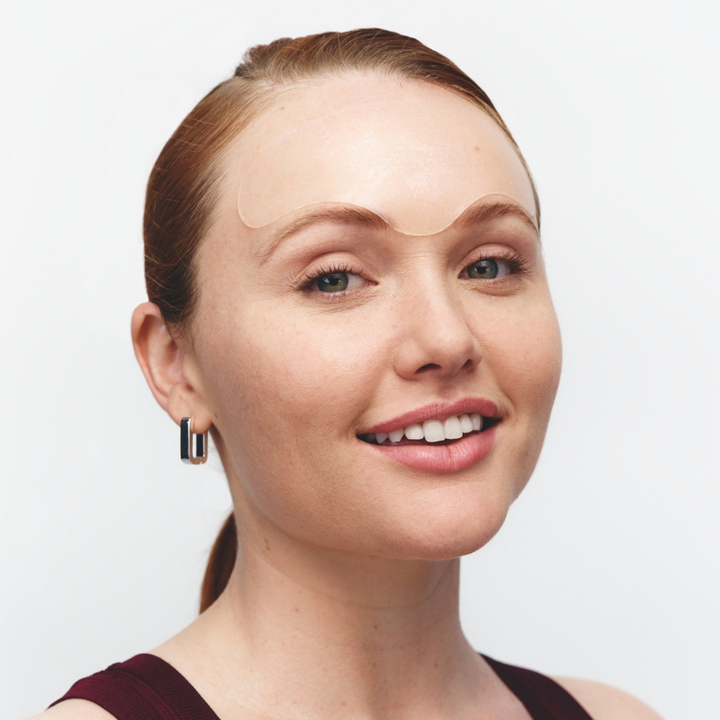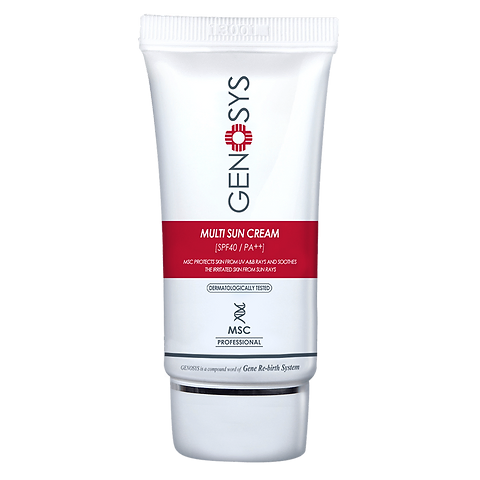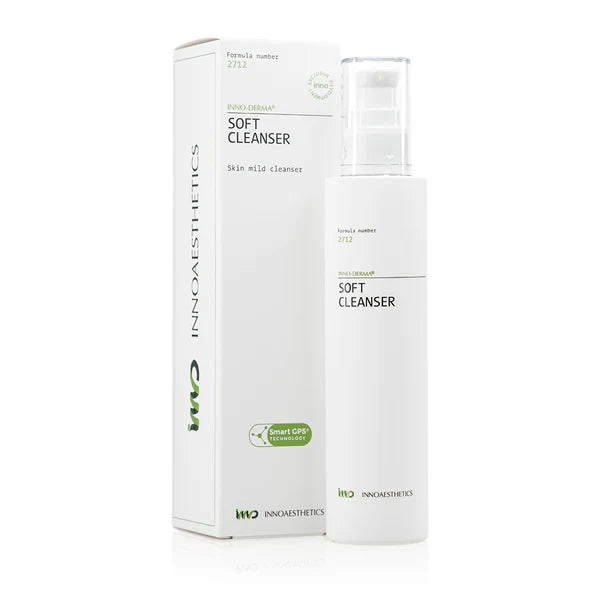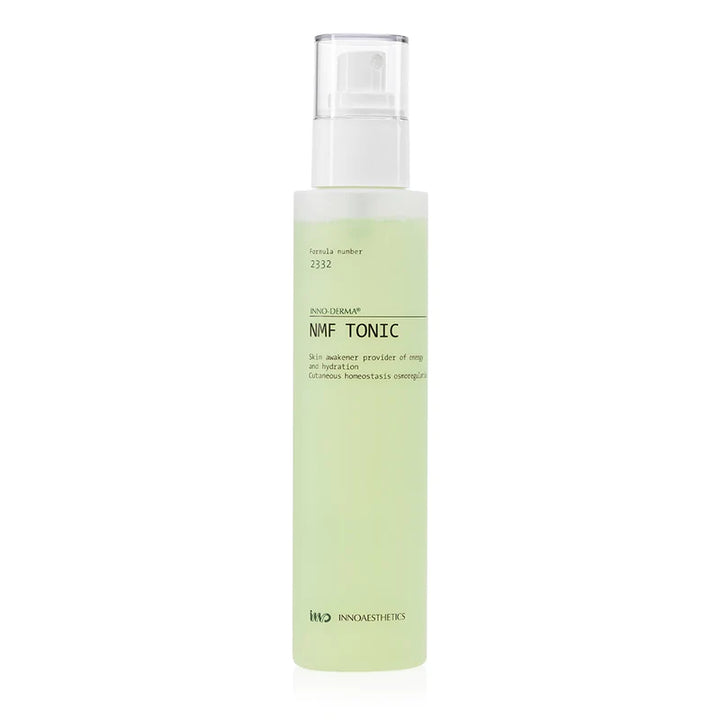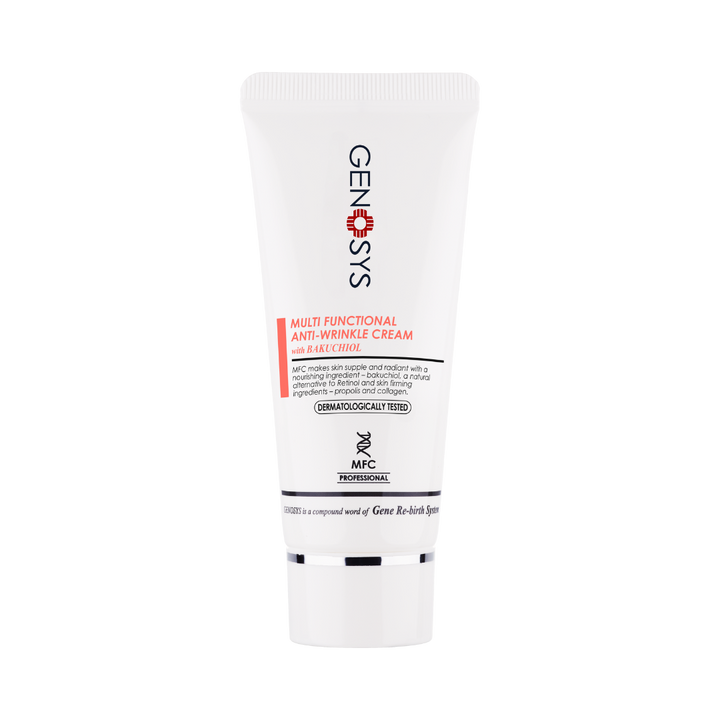UNO Magazine Issue 60 - Winter Edition 2023
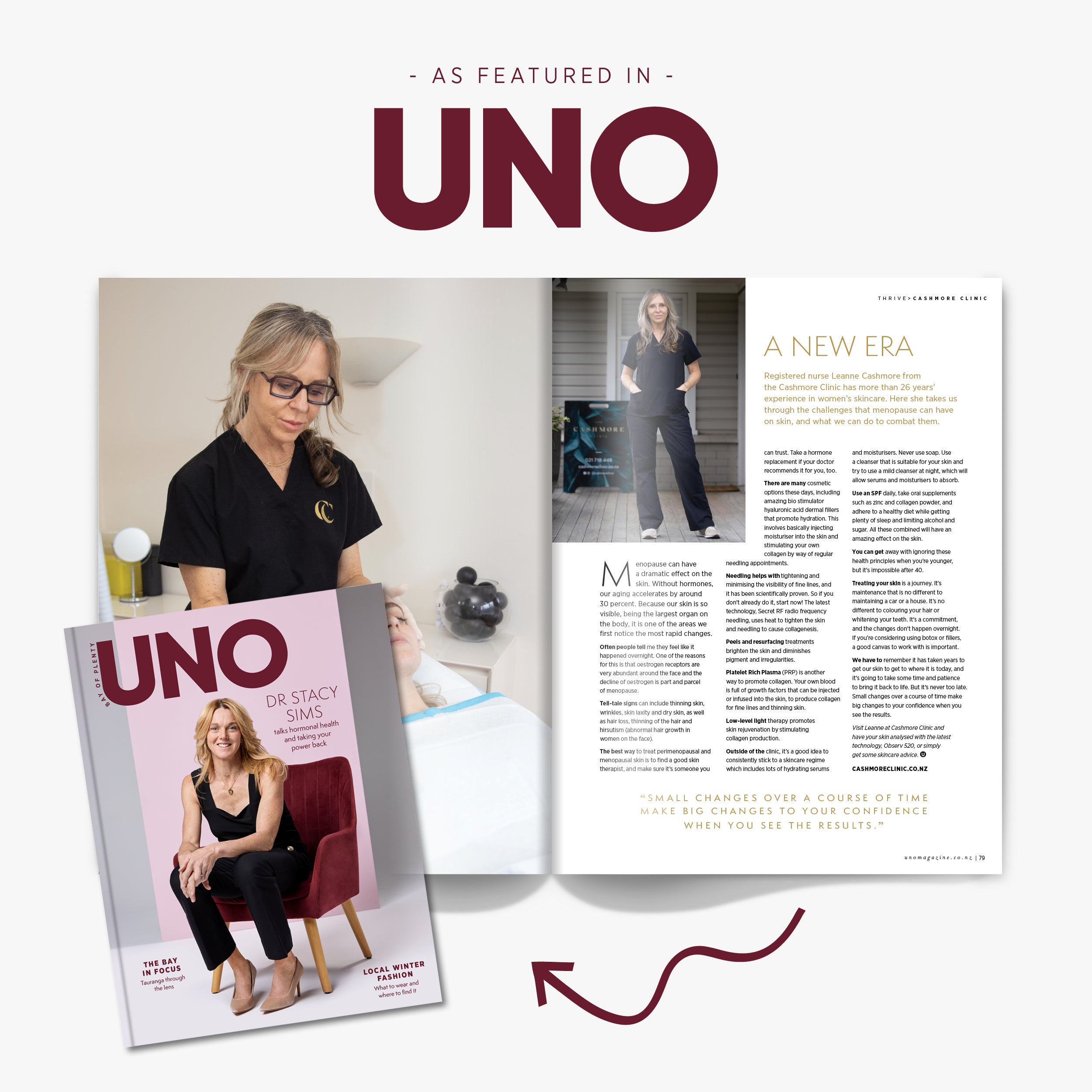
A New Era
Registered nurse Leanne Cashmore from the Cashmore Clinic has more than 26 years' experience in women's skincare. Here she takes us through the challenges that menopause can have on skin, and what we can do to combat them. Menopause can have a dramatic effect on the skin. Without hormones, our aging accelerates by around 30 percent. Because our skin is so visible, being the largest organ on the body, it is one of the areas we first notice the most rapid changes.
Often people tell me they feel like it happened overnight. One of the reasons for this is that oestrogen receptors are very abundant around the face and the decline of ostrogen is part and parcel of menopause.
Tell-tale signs can include thinning skin, wrinkles, skin laxity and dry skin, as well as hair loss, thinning of the hair and hirsutism (abnormal hair growth in women on the face).
The best way to treat perimenopausal and menopausal skin is to find a good skin therapist, and make sure it's someone you can trust. Take a hormone replacement if your doctor recommends it for you, too.
There are many cosmetic options these days, including amazing bio stimulator hyaluronic acid dermal fillers that promote hydration. This involves basically injecting moisturiser into the skin and stimulating your own collagen by way of regular needling appointments.
Needling helps with tightening and minimising the visibility of fine lines, and it has been scientifically proven. So if you don't already do it, start now! The latest technology, Secret RF radio frequency needling, uses heat to tighten the skin and needling to cause collagenesis.
Peels and resurfacing treatments brighten the skin and diminishes pigment and irregularities.
Platelet Rich Plasma (PRP) is another way to promote collagen. Your own blood is full of growth factors that can be injected or infused into the skin, to produce collagen for fine lines and thinning skin.
Low-level light therapy promotes skin rejuvenation by stimulating collagen production.
Outside of the clinic, it's a good idea to consistently stick to a skincare regime which includes lots of hydrating serums and moisturisers. Never use soap. Use a cleanser that is suitable for your skin and try to use a mild cleanser at night, which will allow serums and moisturisers to absorb.
Use an SPF daily, take oral supplements such as zinc and collagen powder, and adhere to a healthy diet while getting plenty of sleep and limiting alcohol and sugar. All these combined will have an amazing effect on the skin.
You can get away with ignoring these health principles when you're younger, but it's impossible after 40.
Treating your skin is a journey. It's maintenance that is no different to maintaining a car or a house. It's no different to colouring your hair or whitening your teeth. It's a commitment, and the changes don't happen overnight. If you're considering using botox or fillers, a good canvas to work with is important.
We have to remember it has taken years to get our skin to get to where it is today, and it's going to take some time and patience to bring it back to life. But it's never too late. Small changes over a course of time make big changes to your confidence when you see the results.
Visit Leanne at Cashmore Clinic and have your skin analysed with the latest technology, Observ 520, or simply get some skincare advice.
"Small changes over a course of time make big changes to your confidence when you see the results."

